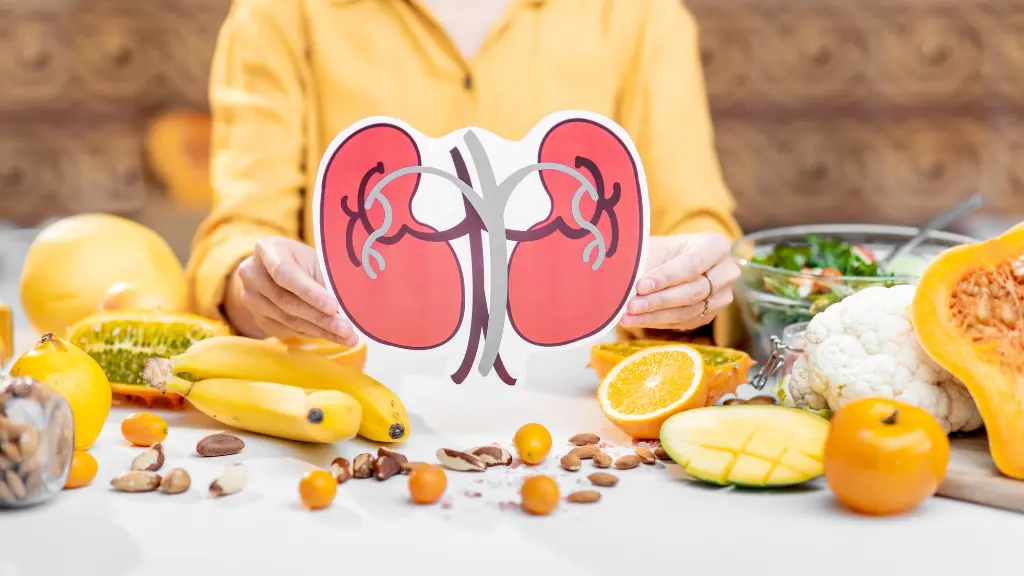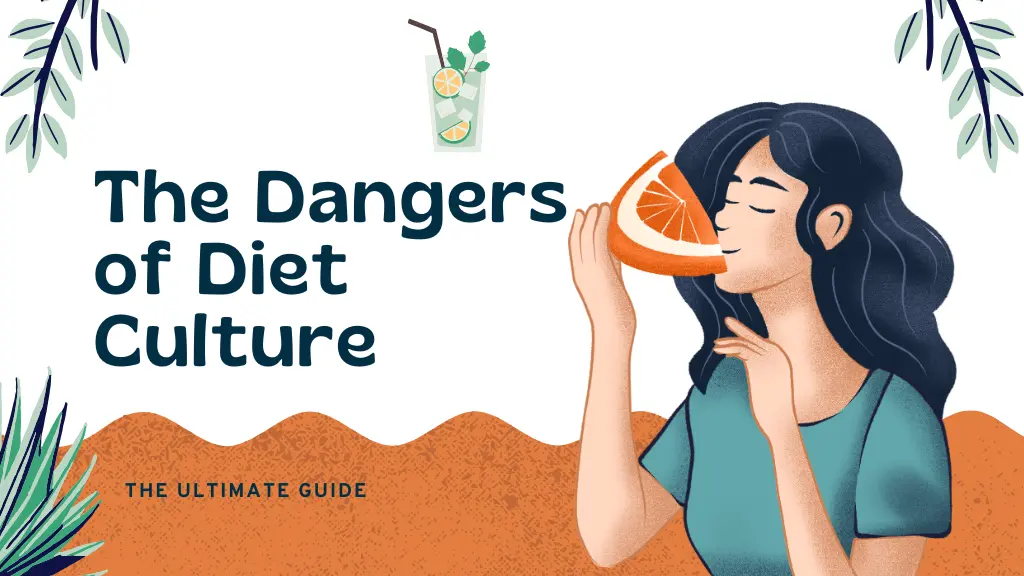Kidney stones are one of the most painful conditions a person can experience. These hard, crystal-like deposits form in the kidneys and can cause severe discomfort when they move through the urinary tract. While hydration plays a critical role in preventing kidney stones, the food you eat can significantly affect your risk of developing them.
In this guide, we’ll cover which foods you should avoid to reduce the likelihood of kidney stones forming and help maintain healthy kidneys.
You May Also Like: Do High-Cholesterol Foods Raise Your Blood Cholesterol?
What Are Kidney Stones?
Kidney stones are solid crystals that form in the kidneys when substances like calcium, oxalate, and uric acid become too concentrated in the urine. These substances can bind together to create stones, ranging in size from tiny grains to large, painful obstructions. If a stone moves into the ureter, the tube connecting the kidney to the bladder, it can cause intense pain, blood in the urine, and even difficulty urinating.
There are four main types of kidney stones: calcium oxalate, calcium phosphate, uric acid, and struvite. The most common type is calcium oxalate, which is typically linked to dietary factors like high oxalate consumption.
The good news is that kidney stones can often be prevented with lifestyle changes and dietary adjustments. Let’s explore the foods that should be limited or avoided to help reduce the risk of stone formation.
Foods to Avoid for Kidney Stone Prevention
1. High-Oxalate Foods
Oxalates are naturally occurring compounds found in many foods. In the kidneys, high oxalate levels can combine with calcium to form calcium oxalate stones, the most common type. If you are prone to calcium oxalate stones, limiting oxalate-rich foods is essential.
Some high-oxalate foods to avoid include:
- Spinach
- Beets
- Sweet potatoes
- Rhubarb
- Nuts (like almonds, cashews, and peanuts)
- Chocolate
- Tea (especially black tea)
- Soy products (like tofu and soy milk)
If you enjoy high-oxalate foods, it’s important to consume them in moderation and pair them with calcium-rich foods to help prevent the oxalates from binding with calcium in the kidneys.
2. High-Sodium Foods
Excessive salt intake can contribute to the formation of kidney stones, especially calcium stones. High sodium levels increase the amount of calcium in the urine, which raises the risk of calcium stone formation. Limiting sodium intake can help prevent kidney stones and improve overall kidney function.
Foods high in sodium to avoid:
- Processed foods (like canned soups, ready-made meals, and snacks)
- Fast food
- Salty snacks (chips, pretzels, etc.)
- Packaged sauces, dressings, and condiments
- Deli meats and canned meats
Try to use herbs and spices to flavor your meals instead of salt. This simple switch can significantly reduce your sodium intake and help prevent kidney stones.
3. Animal Protein
Eating large amounts of animal protein, particularly red meat, poultry, and fish, can increase your risk of developing kidney stones. Animal proteins increase the excretion of uric acid in the urine, which can lead to uric acid stones. Excessive protein consumption also reduces the amount of citric acid in the urine, which helps prevent stone formation.
Foods high in animal protein to limit:
- Red meat (beef, lamb, pork)
- Processed meats (sausages, bacon, hot dogs)
- Poultry (chicken, turkey)
- Fish and shellfish
Instead, try incorporating plant-based protein sources such as beans, lentils, and tofu, which are less likely to cause kidney stones.
4. Sugary Foods and Beverages
High sugar intake, particularly fructose (a type of sugar found in many processed foods and soft drinks), can contribute to kidney stone formation. Fructose increases the level of uric acid in the body, which can form uric acid stones. Additionally, sugary drinks like sodas can reduce the concentration of beneficial citrate in the urine, which helps prevent stones.
Foods and drinks to avoid:
- Sodas and sugary drinks
- Candy and sweets
- Sugary breakfast cereals
- Processed snacks and baked goods
Instead of sugary drinks, opt for water, herbal teas, or freshly squeezed juices. Reducing your sugar intake can help lower the risk of kidney stones and improve your overall health.
5. High-Calcium Foods (When Not Combined with Oxalates)
While calcium is essential for bone health and plays a vital role in preventing kidney stones, consuming excessive amounts of calcium through food supplements can contribute to kidney stone formation. It is important to get the right balance of calcium in your diet.
Foods high in calcium (to limit in excess):
- Dairy products (like cheese, milk, and yogurt)
- Calcium-fortified foods (such as juices and cereals)
- Calcium supplements
Calcium is best obtained from food sources, and you should aim to get your calcium from a variety of sources like leafy greens (in moderation), fortified plant milks, and low-fat dairy products. It’s important to combine calcium-rich foods with a low-oxalate diet for better kidney health.
Foods That Can Help Prevent Kidney Stones
While some foods can contribute to kidney stone formation, others can help prevent stones and support kidney health. Here are some foods to include in your diet:
1. Water
Drinking plenty of water is the most important step in preventing kidney stones. Staying hydrated helps dilute substances in the urine that could form stones. Aim for at least eight 8-ounce glasses of water per day.
2. Citrus Fruits
Citrus fruits like lemons, oranges, and grapefruits are rich in citric acid, which helps prevent calcium stones by increasing urine pH and reducing the formation of stones.
3. Whole Grains
Whole grains like brown rice, quinoa, and oats provide fiber and help reduce the risk of kidney stones by promoting healthy digestion and kidney function.
4. Berries
Berries like strawberries, blueberries, and raspberries are high in antioxidants and low in oxalates. They are also rich in vitamin C, which can support kidney health.
5. Leafy Greens
Leafy greens like kale and arugula are low in oxalates and provide essential nutrients like calcium and magnesium, which support overall kidney function.
Additional Tips for Kidney Stone Prevention
- Maintain a Healthy Weight – Being overweight or obese increases your risk of kidney stones, so aim to maintain a healthy weight through a balanced diet and regular exercise.
- Limit Vitamin C Supplements – High doses of vitamin C can increase oxalate levels in the urine, which may contribute to stone formation. Stick to the recommended daily amount.
- Monitor Your Calcium Intake – Too little calcium can increase the risk of kidney stones, but too much calcium can also be problematic. Aim for a balanced intake from food sources.
- Avoid Excessive Alcohol – Drinking too much alcohol can dehydrate the body, which increases the risk of kidney stones. Drink in moderation and stay hydrated.
Conclusion: Healthy Eating for Kidney Stone Prevention
The food you eat plays a significant role in your risk of developing kidney stones. By avoiding high-oxalate foods, reducing sodium and animal protein intake, and limiting sugary beverages, you can take proactive steps to support kidney health. Remember, balance is key. Incorporating hydrating foods, citrus fruits, and whole grains into your diet can help prevent kidney stones while promoting overall well-being.
If you are prone to kidney stones or have any concerns about your kidney health, it’s essential to consult with a healthcare provider or nutritionist to tailor a diet plan that suits your individual needs.
Summary
Kidney stones can be painful and disruptive, but by making thoughtful dietary choices, you can significantly reduce your risk. Focus on avoiding foods high in oxalates, sodium, and animal proteins, while embracing water, citrus fruits, and fiber-rich foods. A healthy, balanced diet is key to preventing kidney stones and maintaining long-term kidney health.










